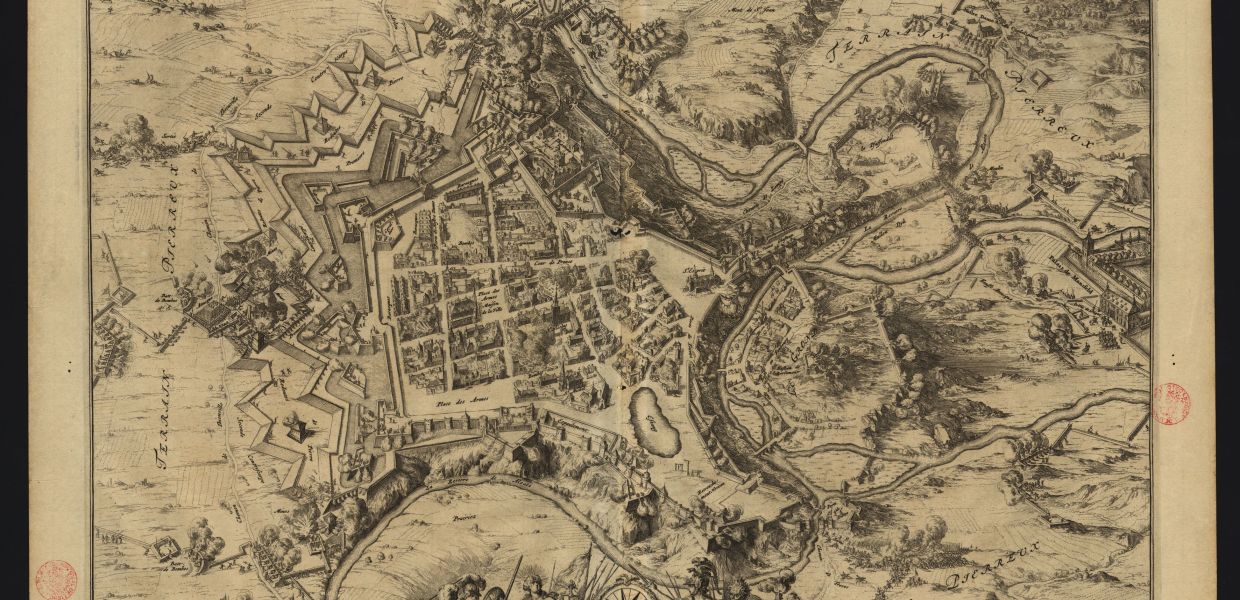Report from Europeana's Fourth Licensing workshop

Now in its fourth year, the annual Europeana Licensing workshop was held on 25-26 November in Luxembourg. The workshop, organised by the Bibliotheque nationale de Luxembourg together with Kennisland and the Institute for Information Law of the University of Amsterdam, has become a central place for Europeana Network Association members to come together to discuss licensing issues and copyright policy and make sure everyone’s interests are aligned.

Workshop Participants, Europeana, CC BY-SA.
The focus of this year’s workshop was to review the language of existing copyright policy, with a day dedicated to presentations on a number of projects in the field of licensing and rights clearance.
The first day centred on copyright policy and was based on a discussion paper prepared by the workshop hosts exploring the potential of updating the existing copyright exceptions to make it easier for cultural heritage institutions to share their collections online.
This was an opportunity to discuss a solution other than, or even in addition to, Extended Collective Licensing, which has been the subject of the previous Europeana licensing workshops. Europeana and many other cultural heritage institutions are calling for an update to the existing exceptions that would allow institutions to make out of commerce works in their collection available online. Against this backdrop, much of the first day of the workshop was devoted to discussing possible language for updated exceptions which would sufficiently represent the interests of the cultural heritage institutions.

Luxembourg Ville Capitale du Duché du Mesme Nom, Nicolaes Jansz Visscher, National Library of Portugal, public domain.
Following a collaborative effort to review the existing language, the discussion paper was updated to reflect the feedback from the workshop participants. The updated discussion paper, which can be found here, outlines the scope, beneficiaries and permissible acts of updated exceptions for cultural heritage institutions. As such, it gives a glimpse into how updated copyright rules could help to unlock the vast collections held by Europe's cultural heritage institutions whilst balancing the interests of rights holders to exploit works that are still important.
The second day was an opportunity for those working on projects in the field of licensing and rights clearance to present their progress and also highlight the stumbling blocks along their journey.
The rightsstatements.org project is developing internationally interoperable standardized rights statements for online cultural heritage. The EnDOW project is developing an crowd sourced approach to carry out diligent searches for rights holders (as required by the Orphan works directive).
